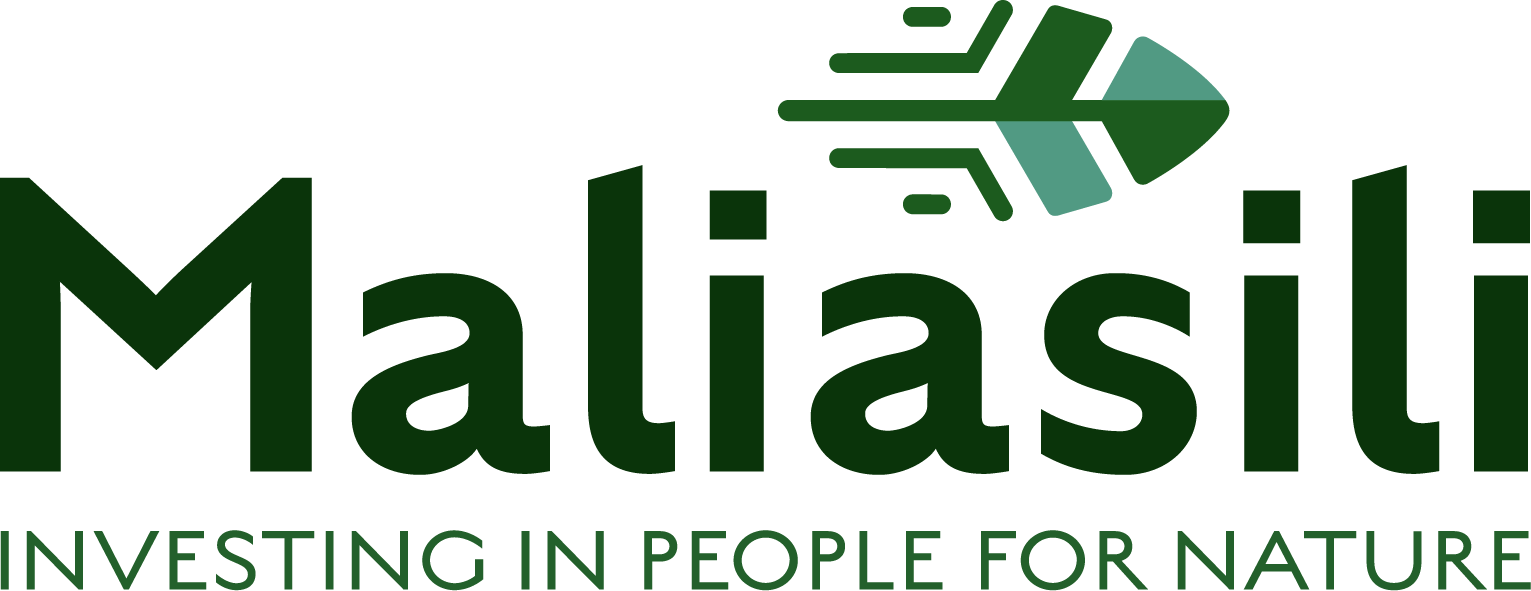Done Well, Budgets are Powerful Management Tools
By Elizabeth Singleton, Maliasili Initiatives Board Member. Elizabeth recently carried out two weeks of workshops with some of Maliasili’s partners, focusing on annual budgeting, financial management, and board governance.
“Budgets are a tool – they can make your work and organization better… A really good annual budget is key to a good fundraising strategy because it shows the gaps and where you need the money to help you get done what you want to get done. And then this connects back to your strategy – what you want to do, what you want to achieve – it’s not about what a donor wants.”
- Elizabeth Singelton, Maliasili Initiatives Board Member
As I sat down to review Mwambao’s budgeting practices, we started by looking at their work plan—what they want to accomplish this year and what resources they need to do so. Their objectives were aspirational and broad, but lacked focus on what they could execute effectively. As we went through the work plan, we talked about trying to achieve fewer objectives, rather than spreading the organization too thin.
Using the budgeting process as a planning tool was a powerful mechanism for helping them refine and refocus the work plan. Too often, organizations default to letting their donors dictate their objectives based upon the funding the donors have made available to the organization. And while, in reality, donors often do drive resource availability, an organization that better understands its strategic objectives and its resource needs is in a better position to advocate for itself.
Within a few hours of working through the available and potential budgets for each programmatic goal, including human resources requirements, we had whittled an expansive and admirably ambitious work plan into a focused set of strategic programmatic goals. The majority of this refined work plan was funded by pre-existing grants, and the remainder of the funds needed set out clear targets for fundraising.
Budgeting: Going from a task to a tool
Budgeting is often seen as a required task for grant proposals, but it has the potential to be an incredibly powerful planning and programmatic management tool. Completing an organizational budget annually has many benefits:
- Developing a true understanding of an organization’s overhead costs (costs required to keep the organization running, irrespective of projects) allows for proper allocation of those costs to grant budgets;
- Detailing out revenue and expenses (cash flow) throughout the year helps an organization identify potential funding shortfalls and allowing the organization’s leaders to proactively manage those potential problems; and
- Using the budget as a management tool to monitor actual expenses and determine if funds are being spent in line with programmatic progress, tracking if programs are underspent, overspent, or on target.
Most importantly, the budgeting process arms organizations with data on the true costs of their work and their resource needs. This information is a valuable asset in developing relationships with donors and negotiating grant terms. Detailed knowledge of programmatic and organizational costs helps to demonstrate the effectiveness of the organization’s financial management and provide evidence for funding needs and programmatic opportunities.
